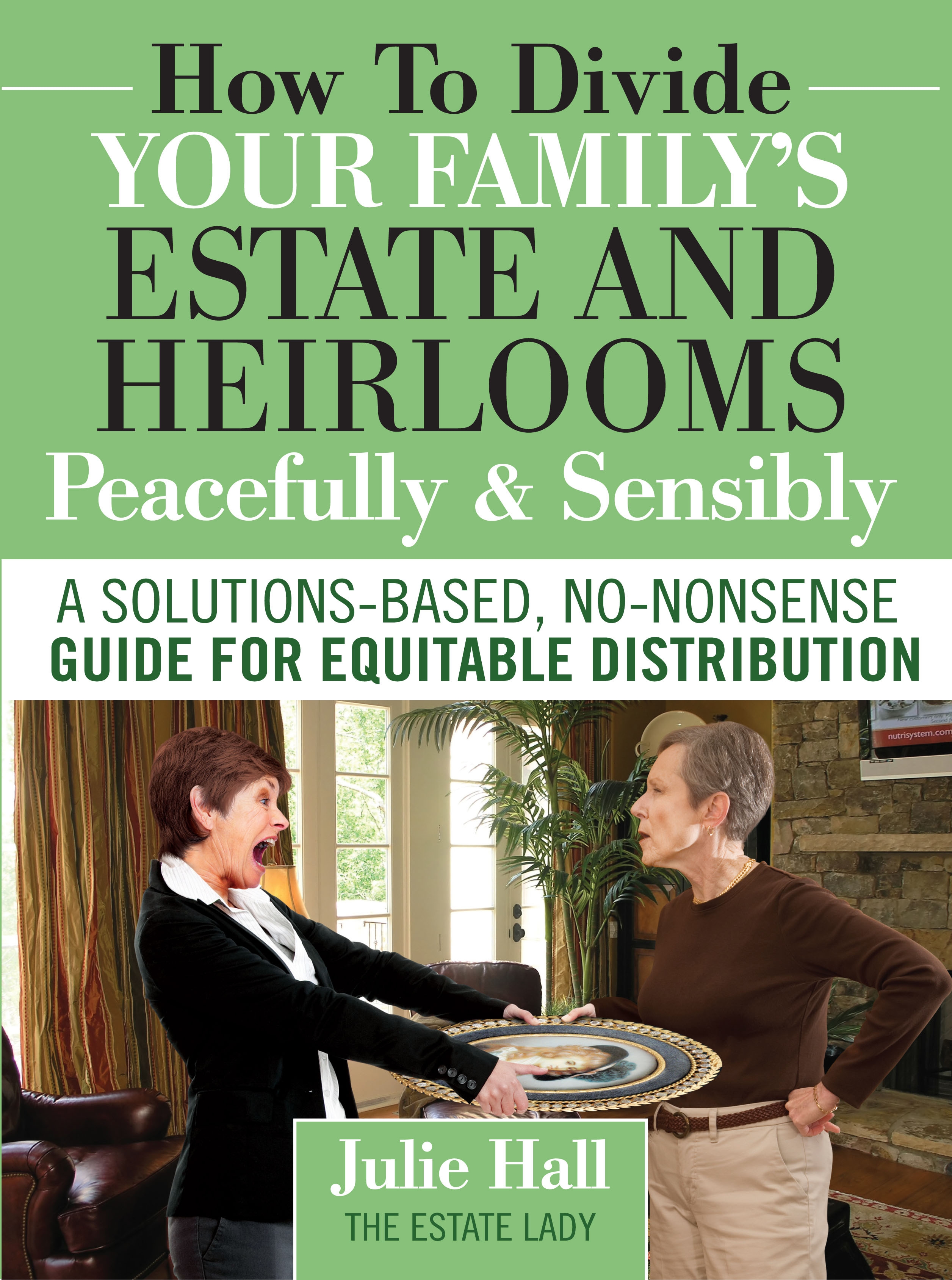We’re continuing our conversation from the last blog about turning clutter into cash. Here are several more options for finding a buyer for your clutter.
2. Consignment shops – For designer clothing, higher quality purses and shoes, nice quality furnishings and home decor, physically go into different stores to talk with the manager and get a feel for their percentage/fees and how they work. Some will negotiate on their percentage a little bit. You can expect to pay them 35%-50% commission, plus a possible pick-up fee. Remember: location, location, location.
3. Auction company – If you have a lot of household items, nice quality furnishings, and decorative items, consider a local auction house with a good reputation. Their percentages range from 15%-25% and may also have additional pick-up fees. Remember to ask for auction estimates for some of the better pieces, as the auctioneer should be able to offer you a range that he/she feels it will sell for. There are two kinds of auctions: absolute and reserve. Reserve means it will not sell until the reserve price (minimum) has been met. But many auctioneers will not place reserves on numerous items. They will sell for what the public decides; that is an absolute auction. When that hammer comes down and it’s only $20.00, that is what the item sells for.
4. Higher-end auction galleries – For higher end items, find higher end auction galleries and contact their consignment director to ask them if these items are of interest to them. Large auction houses have extensive lists of buyers and often sell to multiple countries. This is what you want for high-end items that are small enough to ship.
5. Selling gold? – A jeweler may not get you the most “bang for your buck” but it’s worth asking. Don’t be too hasty when wanting to melt down items. Many people are selling gold pieces with gemstones in them and not getting paid for anything other than the gold. Think twice and compare offers: Can I get more for this piece as it is, a ring or pendant, or should it be melted down? Do research in your area. Find the gold buyers that are one or two steps from the refinery itself, as they will generally pay you higher $$ than others. Call around; visit different places. Get the gold weighed and let them make you an offer. Go with the highest offer. Note: There are those who are sitting on their gold, thinking it will go higher still. Watch the gold prices closely.
We’ll have the last 4 options next week!
©The Estate Lady, 2011



